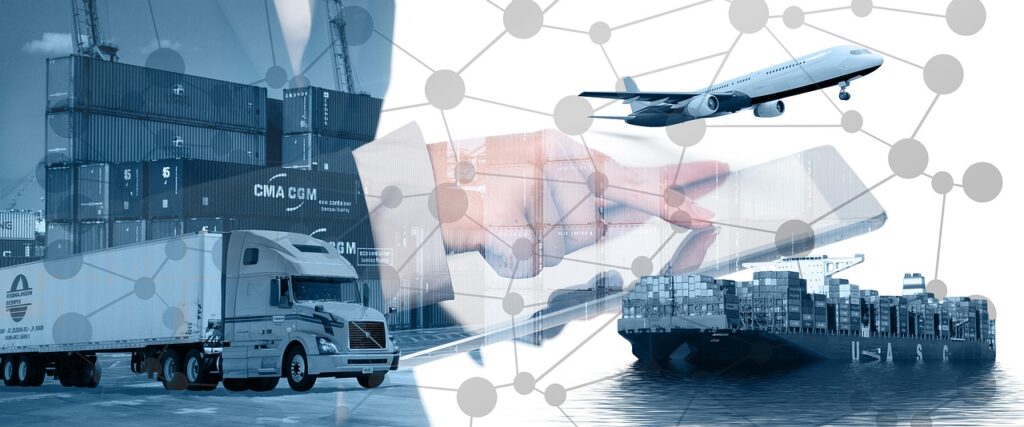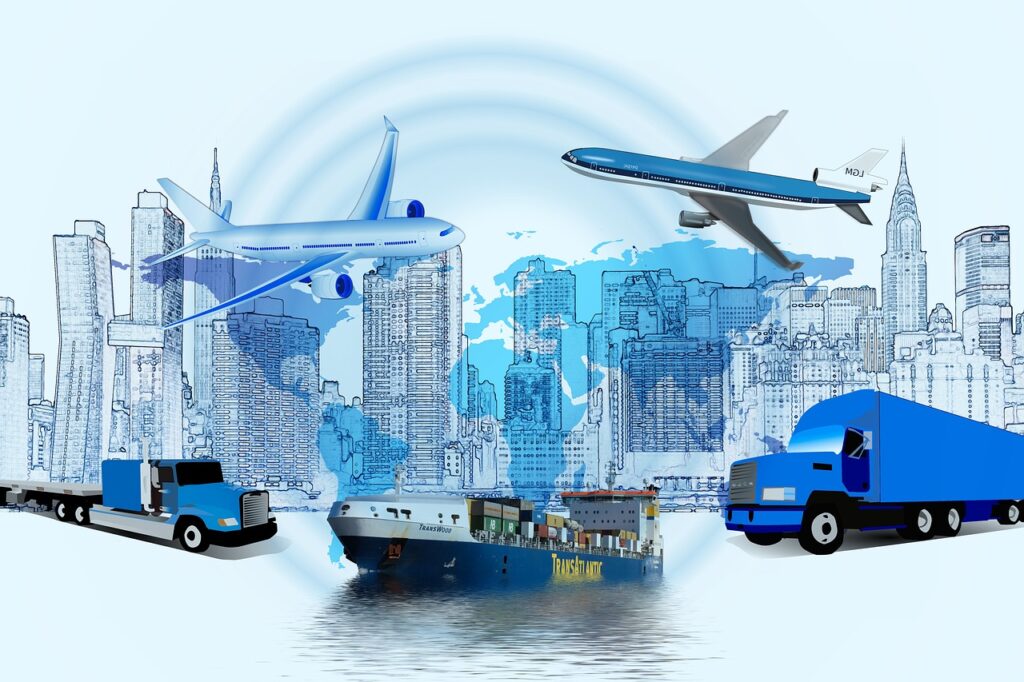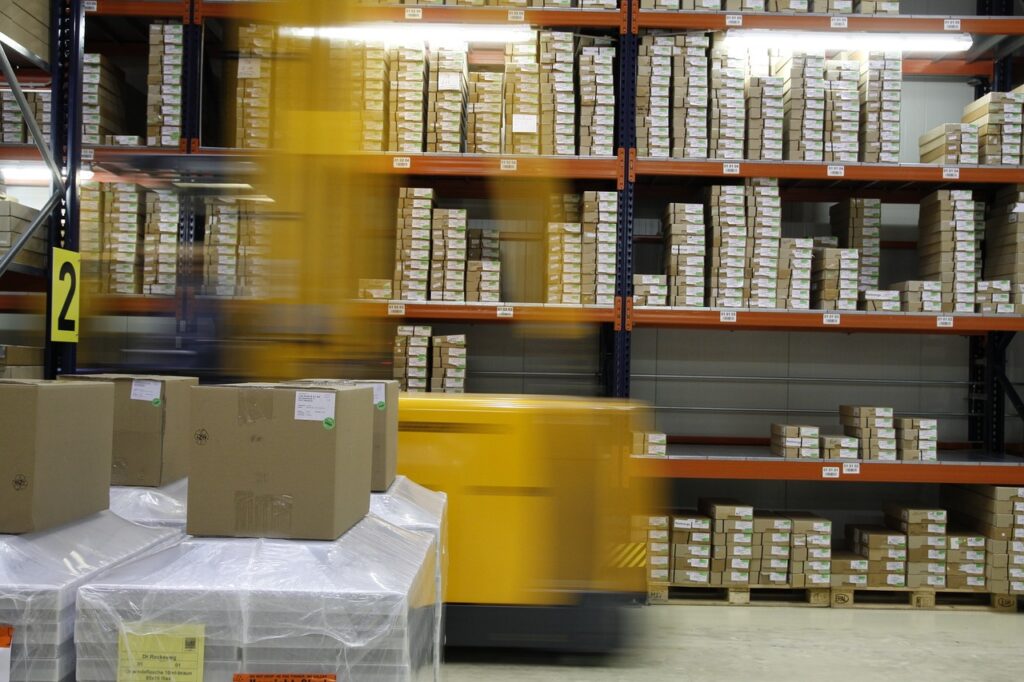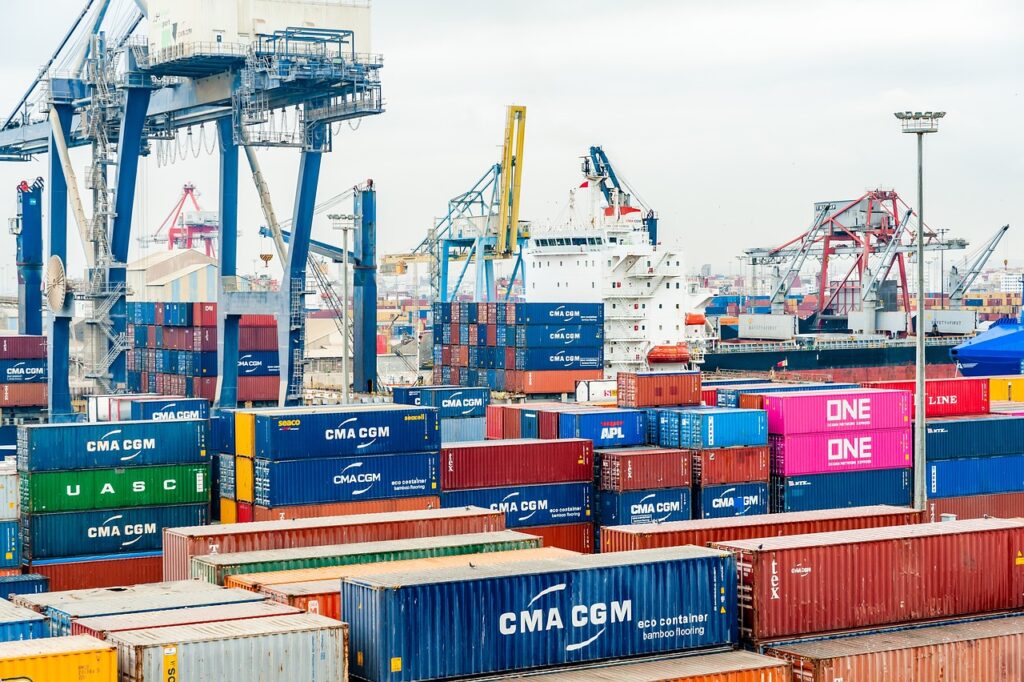Logistics is the backbone of global trade, facilitating the movement of goods from one part of the world to another. It plays a critical role in Africa’s industrial growth by facilitating the efficient movement of goods across the continent, enabling trade, reaching wider markets, and supporting the development of manufacturing sectors, ultimately contributing to economic growth and job creation, especially by bridging the rural-urban infrastructure gap and addressing the challenges of vast distances and diverse terrains across Africa. Without efficient logistics, the international supply chain would be fragmented, leading to delays, increase in costs and lost of opportunities.

WAYS LOGISTICS INFLUENCE GROWTH IN AFRICAN INDUSTRY.
Logistics plays a crucial and multifaceted role in Africa’s industrial growth. It forms the backbone of efficient supply chains, market integration, and overall economic competitiveness.
1. Infrastructure and Connectivity
Development of Transport Networks: Robust logistics relies on well-maintained roads, railways, ports, and airports. Improving these infrastructures reduces transit times, minimizes delays, and lowers transportation costs, thereby enabling industries to operate more efficiently.

Bridging Regional Gaps: In many African countries, logistical improvements help connect remote industrial zones with urban markets, ensuring that both raw materials and finished goods move smoothly between regions.
2. Supporting Industrial Development: Logistics provides the necessary infrastructure and services to support industrial development, including transportation, warehousing, and freight forwarding.

3. Improving Food Security: Logistics plays a critical role in the movement of perishable goods, such as food, livestock, and raw materials to improve food security in Africa.

4. Encouraging Foreign Investment: A well-developed logistics sector can attract foreign investment, as it provides a critical component of the business environment.

5. Creating Jobs and Skills Development: The logistics sector creates jobs and provides opportunities for skills development, contributing to human capital development in Africa.

6. Promoting Economic Growth: By facilitating trade and commerce, logistics contributes to economic growth, job creation, and poverty reduction in Africa.

7. Supporting Regional Integration: Logistics facilitates regional integration by enabling the movement of goods and services across borders, promoting economic cooperation and development.

However, Africa’s logistics sector faces several challenges, including:
– Inadequate infrastructure.
– Inefficient customs procedures.
– Limited logistics skills and capacity.
– High transportation costs.
– Security concerns.
Addressing these challenges will be critical to unlocking the full potential of logistics in supporting Africa’s industrial growth.
In summary, logistics is not just about moving goods from one place to another—it is a strategic enabler for Africa’s industrial growth. By reducing operational costs, enhancing supply chain reliability, opening up markets, and attracting investments, modern logistics lays the groundwork for sustained industrial expansion. As governments and private sectors continue to invest in logistical improvements, the continent is better positioned to overcome traditional barriers and unlock its full industrial potential.